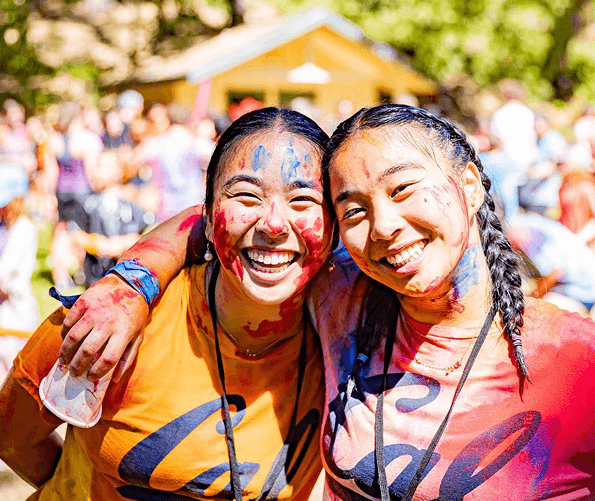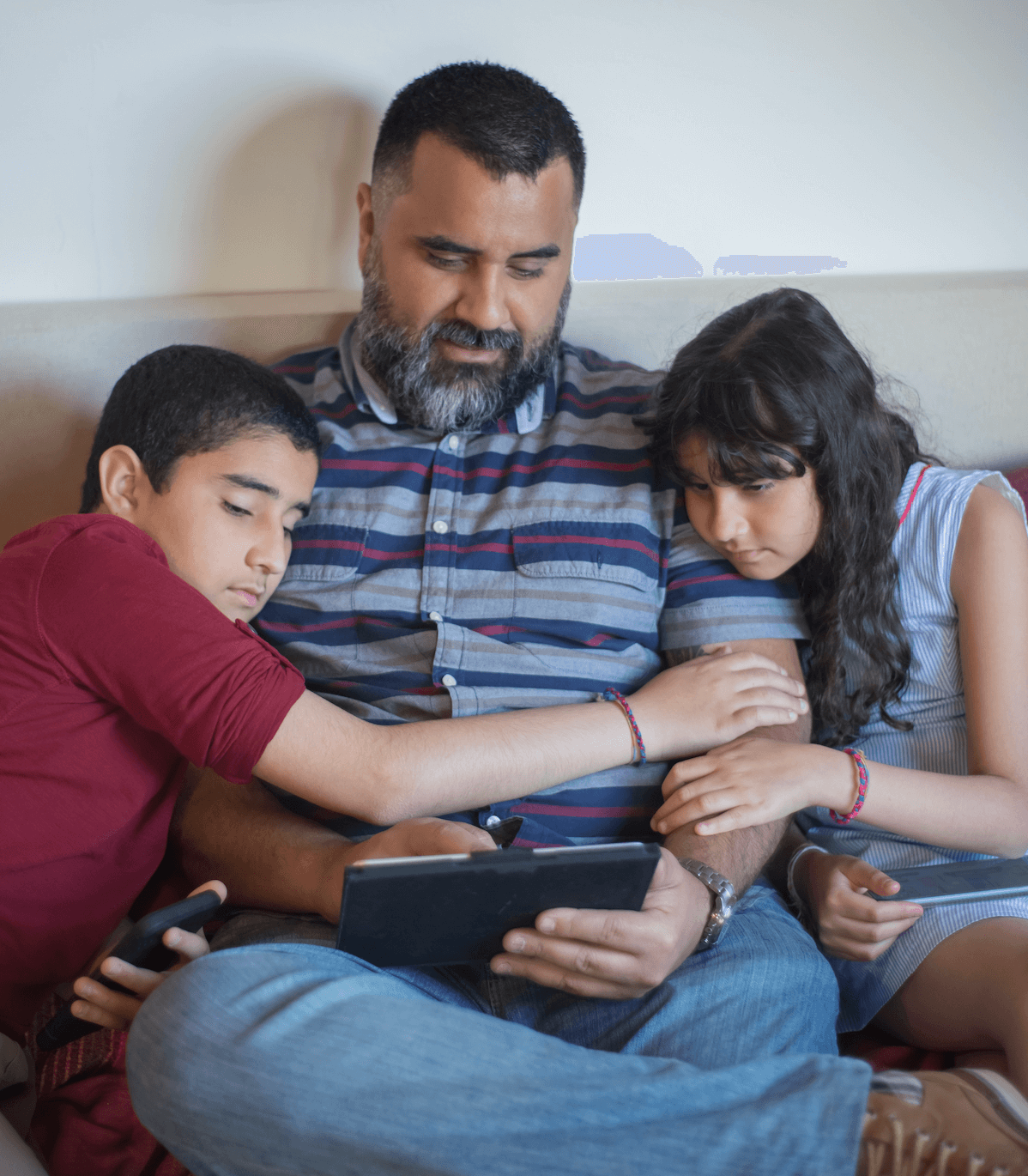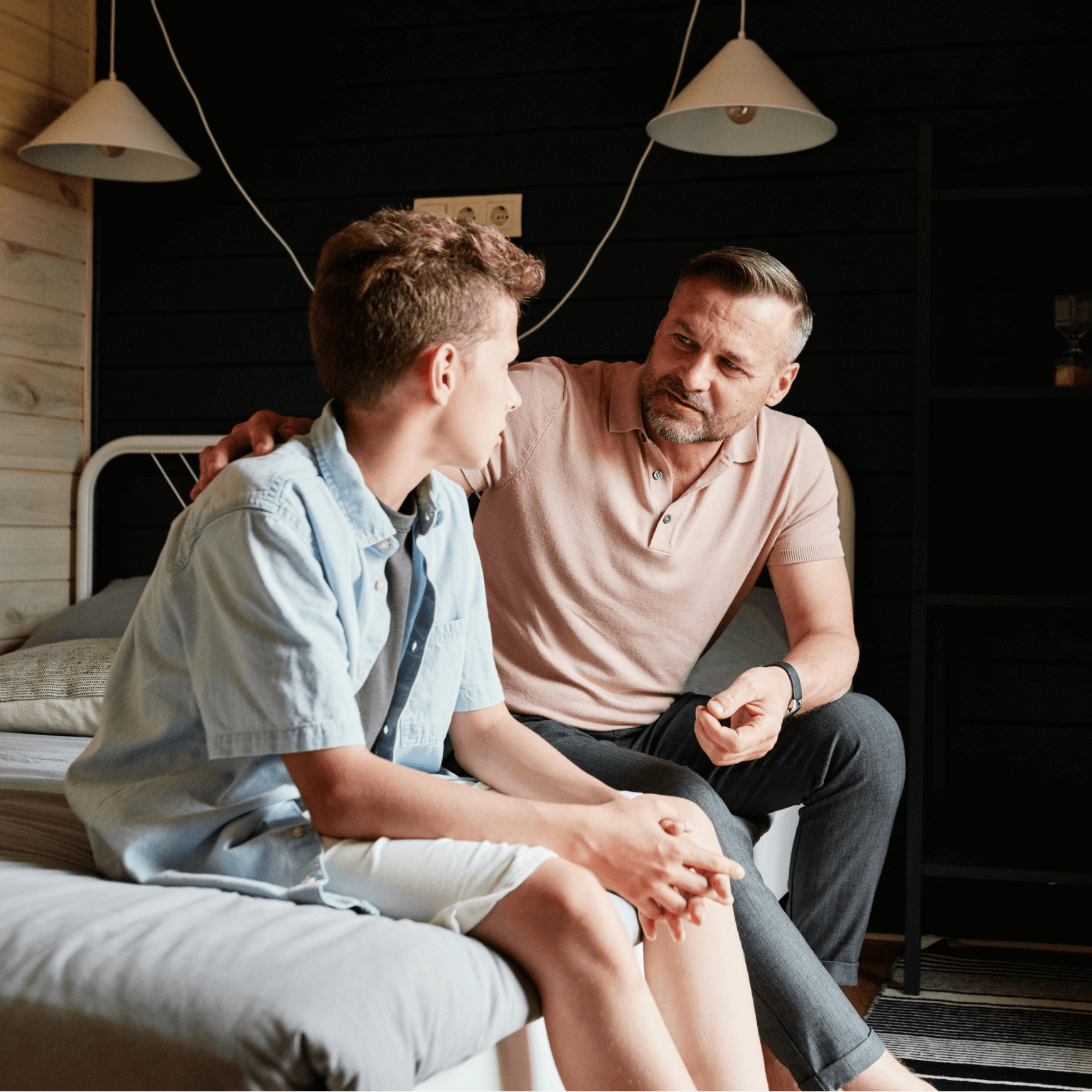Childhood and adolescence are often marked by exploration, learning, and growth. However, when a parent is diagnosed with cancer, the dynamics within a family can shift dramatically. Children and teens may be stepping into caregiving roles, which can profoundly impact their emotional, mental, and social well-being.
Per the American Association of Caregiving Youth (AACY), at least 5.4 million children and teens under 18 take an active role in caregiving for a parent with a chronic disease like cancer in the United States. These young caregivers face unique challenges and stressors that can significantly affect their development and well-being. Continue reading to learn more about the multifaceted challenges faced by young caregivers and insights into managing these challenges effectively.





.jpg)

.jpg)


%20(1).png)































